Climate Change
Good Things Are Happening
There is More Good in the World than Bad
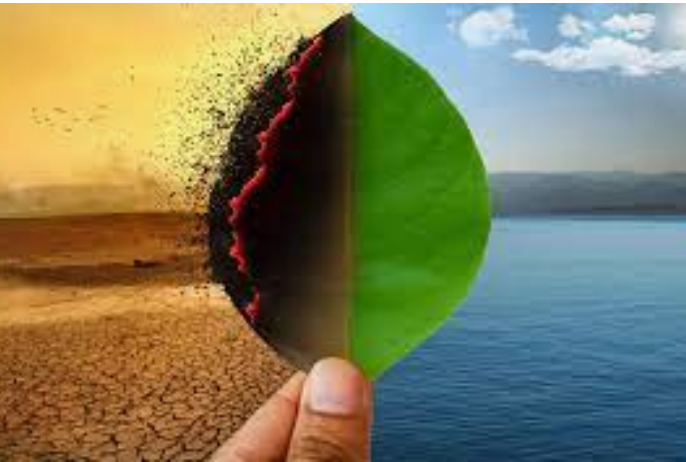
A Feb 13th article in the Globe and Mail told the story of Lisedi, an 18-month-old South African girl who came in very sick with pneumonia to the Memorial Children’s Hospital in Cape Town, South Africa. In spite of antibiotics, she died two days later.
According to local physicians, the cause of death was the air she was breathing. The pneumonia was a symptom of the bad air. Air pollution and climate change are closely interrelated.
Sadly, there are many Lisedi stories. However, I truly believe there are also many good things going on in the world relating to the environment and climate change.
While there are still a few deniers, most of the world agrees not only is our climate changing with some potentially disastrous results for our planet, but it will continue to change unless more is done to counteract it.
The David Attenborough film, “A Life On Our Planet” which came out several months ago, clearly portrayed the enormous environmental changes that have happened in his lifetime.
Many of the consequences of climate change are well-known, though like COVID, many are subtle and invisible. All of these changes will be disruptive and costly. Here are a few:
Hotter temperatures will lead to more severe storms resulting in more floods and fires. Rising waters will threaten coastal cities, some wildlife will vanish, and higher pollution will result in more people having respiratory problems like Lisedi. Arable land will dry up, affecting our crops and food supplies.
Much of the warming is attributed to fossil fuels and scientists and others have been calling for politicians to do something for years.
The recent U.N. sponsored poll (People’s Climate Vote) which covered 50 countries and over 50% of the world’s population, determined 64% of the world’s peoples believe climate change is a global emergency.
WE ARE PAST THE POINT OF REPORTS, IT IS TIME FOR ACTION
There is no question much of the ACTION must come from government in the form of policy and regulation, but it is people who elect and drive politicians. Gandhi, Lyndon Johnson and many other politicians have said something to the effect: Find out what people want and get out in front of them.
The U.N. poll should clearly provide politicians with the support to take action.
The good news is many positive steps have already been made. Some examples include:
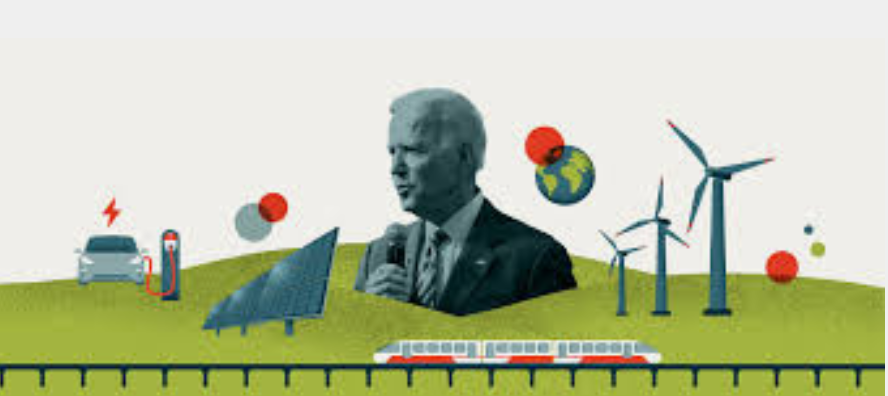
Recent steps taken by President Biden. He has made the environment the centre piece of his economic policy. He has already cancelled many of Trump’s anti-environmental policies. He has temporarily suspended new fossil fuel exploration leases on federal lands, rejoined the Paris Climate Change agreement, and appointed an experienced politician and former Secretary of State John Kerry as his environmental czar. He has also chosen Deb Halaand, a native American (Pueblo) woman known for her strong environmental views, as his Secretary of the Interior.
The U.S. and Canada have agreed to work together on a North American policy, in spite of the cancellation of Keystone Pipeline (it is questionable if cancelling Keystone will do much to decrease the use of fossil fuels as the oil will get to the market another way. It does, though set a tone and a signal the U.S. is doing something)
Action is not just in North America. China, who produces 50% of the world’s Co2 emissions, mostly from fertilizer, is implementing online trading of emission allowances by the end of June. China now has over 2000 environmental NGOs.
Norway’s sovereign investment fund has recently blacklisted four Alberta tar sands companies.
In order to prevent or minimize the impact of climate change the movement needs to engage the colossal power and energy of the free enterprise system.
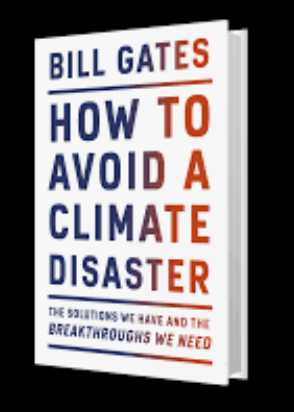
As Bill Gates says in his new book, “How to Avoid a Climate Disaster: The Solutions We Have, and Breakthroughs We Need.”
To paraphrase his words, technologies, policies and markets must come together i.e., technical innovations, government policies and funding, and the free enterprise system. To some degree this is already happening.
Witness the cost of solar and wind power have decreased considerably to the point where, in many cases, they are competitive with fossil fuels. Furthermore, many of the new jobs are coming from the green sector, not from the fossil fuels sector. In fact, the fossil fuel companies have been shedding jobs.
Virtually all car manufacturers are coming out with hybrid and electric cars. Tesla has a lot of competition but is making money. GM have said they will no longer produce gas fueled cars after 2035.Volvo will stop in 2030
Larry Fink, the Chair of the world’s biggest manager of money BlackRock ($9 trillion) has said in a report to clients that Blackrock is very serious about climate change and a company’s approach to climate change will be a defining feature in companies long-term prospects.
Brookfield, a Canadian, alternate asset manager has hired the Former Bank of Canada Governor, Governor of the Bank of England, and a U.N. Advisor on the Environment to head their $575 billion environmental, social and governance strategy.
Money is flowing into conservation groups at a record pace The Nature Conservancy of Canada has just raised a record $750 million to buy and preserve ecologically sensitive land.
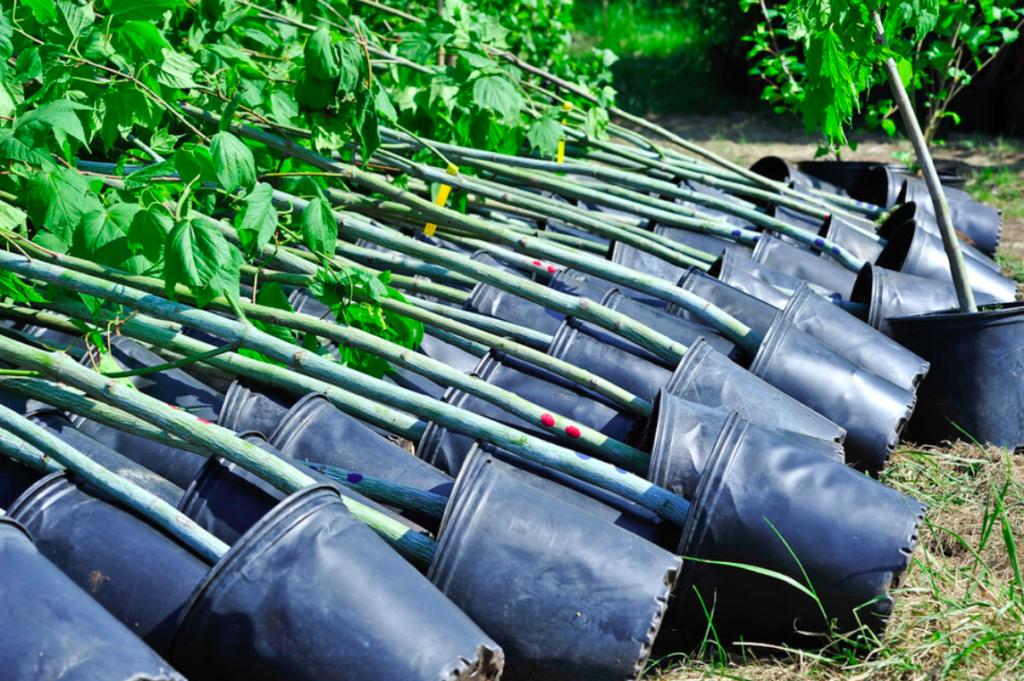
Many people have joined the plant a tree movement. The Highway for Heroes https://www.hohtribute.ca/ Plant a Tree Canada https://treecanada.ca/ or One Tree Planted https://onetreeplanted.org/ are three plant a tree options
There is a major decrease in fossil fuel usage and a shift towards alternate sources. In fact, the largest investors in Clean tech in Canada are the oil and gas companies. In addition, BP (formerly British Petroleum) have slashed its oil and gas exploration personnel from 700 to 100. Exon has just written off their tar sands investments because of the shift.
In 2018 Shell Canada turned over 860,000 hectares of offshore drilling permits to the Nature Conservancy of Canada in the Arctic to preserve bio-diverse waters. Shell is also speeding up its drive to go green in many places including Germany. These companies plus Chevron had combined losses of U.S. $76 billion last year.
Many innovative environmental programmes are appearing. One program which I am involved in through my association with HIP (Honouring Indigenous Peoples) facilitates land-based educational programmes involving Indigenous and non-Indigenous youth working together. Indigenous Peoples believe we are shaped by Mother Earth and must look after it.
Rotary International, an international service organization of 1.3 million members in approximately 200 countries (of which I am a member) has just added the environment as its 7th area of service to be implemented all over the world. There are thousands more examples.
The question everyone asks is, “What can I do?” In my view, everyone needs to become involved in some way. Here are some possibilities:
1) Bill Gates suggests you demand government at all levels to develop and implement policies that lead to zero global warning emissions.
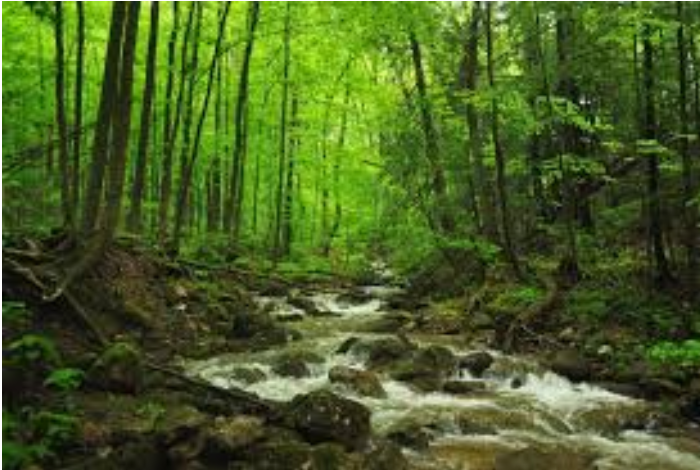
2) As outlined in my blog Oct 2019, you can plant trees. One tree absorbs 48 pounds of carbon dioxide /year and over a ton in 40 years (See above).
3) Become better informed. Subscribe to the Energy MIX, an excellent 3x/week newsletter on climate change, energy and carbon-free futures. It can be obtained for no cost online. https://theenergymix.com/ There are also plenty of good books and videos you can watch. Becoming better informed could open your mind to opportunities.
Read Bill Gates’ book. It has had excellent reviews. He believes climate change is a much bigger issue than COVID.
4) Buy green products, ensure your home is well insulted, lower your temperature or wear warmer clothing in your home.
Use your car less, bike and walk more. Consider hybrid or electric cars. Take public transit.

5) Give money to environmentally focused groups such as The Nature Conservancy Canada, https://www.natureconservancy.ca/en/who-we-are/ Bruce Trail, https://brucetrail.org/ or local hiking trail organizations.
Also, give to Green Pac They help to fund politicians of all parties who are strong advocates for the environment. https://greenpac.ca/
5) Become involved in a local environmental organization.
By doing one or more of the above you will be a part of some GOOD NEWS and HAPPENINGS.
Till next time
Chris Snyder
People and Animals
You May Also Like
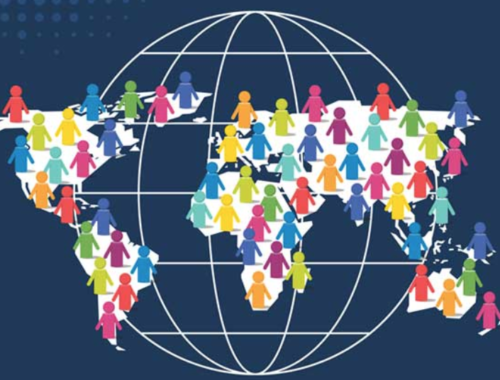
Getting Along and the Golden Rule
July 31, 2022
Saying Positive and Supportive Things to Others
August 13, 2023